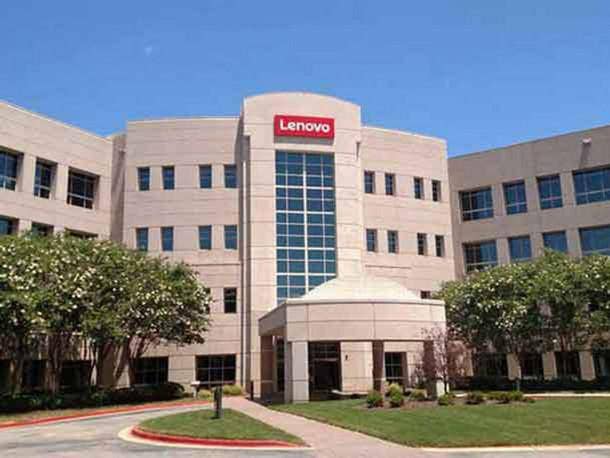Lenovo Embraces Partial U.S. Back-To-Office Plan
The Hong Kong-based computer giant wants U.S. workers to collaborate in person, at least three days a week, joining a growing number of tech companies who are ordering at least some in-person work.

Lenovo is the latest company to embrace at least a partial return-to-office at its headquarters in Morrisville, N.C.
Beginning Oct. 31, the world’s largest PC maker will enforce a mandatory return to the office at least three days a week, calling the effort its “3:2” model. Lenovo employs about 5,100 people in the U.S. and the new policy will end the company’s voluntary hybrid schedule plan that has been in place since April.
“We recognize that great things happen when people connect,” Lenovo executive vice president Kirk Skaugen said in a statement to the Raleigh News & Observer. “Since its beginnings, our global company has thrived as a hub of groundbreaking technical innovation due to its focus on cultivating employees’ skills and promoting strong cross-team collaboration, while also providing space for important team camaraderie.”
[Related: Lenovo Confident In Capturing New Opportunities As ‘Hybrid Work Model Is Here To Stay’]
Some major tech companies have been moving employees back to a hybrid work model after two years of work-from-home policies spurred by the COVID-19 pandemic. Apple, Google and Microsoft have all announced that they want workers to return to the office at least on a hybrid basis. Some workers point to the irony of Big Tech companies taking a hard-line stance on office returns after they raked in record profits from meeting customers’ remote work needs.
Michael Dell, CEO of Dell Technology, has publicly disagreed with the push to force workers into a hybrid work scenario. “If you are counting on forced hours spent in a traditional office to create collaboration and provide a feeling of belonging within your organization, you’re doing it wrong,” Dell said in a September LinkedIn post.
Apple was one of the first major tech firms to beginning requiring workers to come back to the office back in April. They quickly had to revise that edict as COVID-19 numbers flared. Since then it has returned to its three-day-a-week in office requirement. At the time, CEO Tim Cook wrote in a memo to employees: “In the coming weeks and months, we have an opportunity to combine the best of what we have learned about working remotely with the irreplaceable benefits of in-person collaboration.”
Gleb Tsipursky, a cognitive scientist and CEO of hybrid and remote work consultancy Disaster Avoidance Experts, makes a case for remote workers being just as productive – if not more productive – than in-office workers. “It’s pretty clear from the evidence that having a top-down, forced policy like Lenovo has is a bad idea,” he told CRN in an interview. “Lenovo workers are going to undoubtedly go where they can work in their preferred style. That’s already happening at Apple, where a thousand workers signed a petition asking for more remote work flexibility.”
Tsipursky also said the average savings of one hour of commute time meant more work time for employees, increasing worker productivity. “Lenovo is going to lose workers to companies that are offering more flexibility,” he said, adding that the company will likely see employee pushback.
CRN has reached out to Lenovo for further comment.